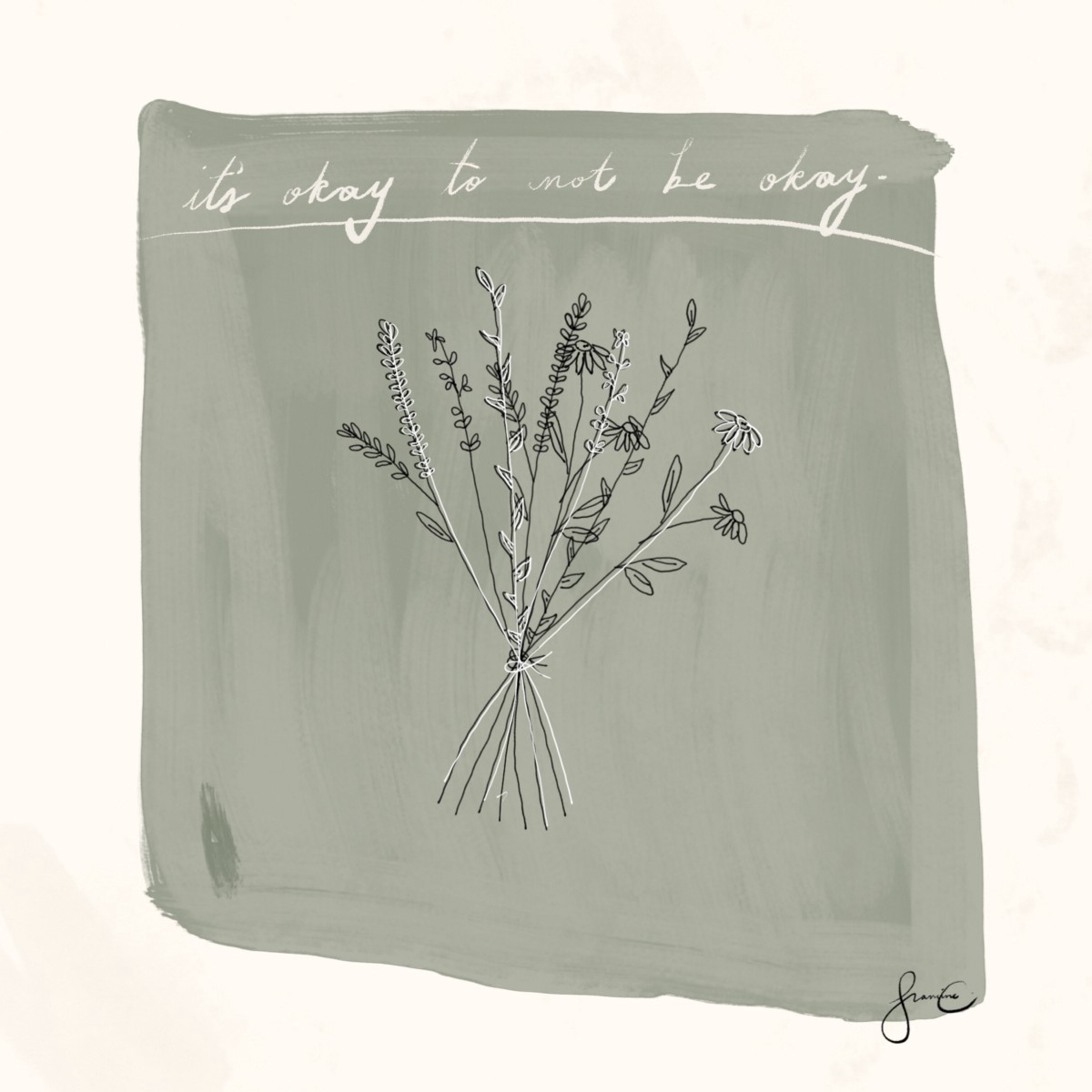
January 8, 2021 marks the one year anniversary of the Flight PS 752 tragedy. You may have feelings of grief resurface or remain. That's natural and okay. Reach out whenever you need it. At no point will you be expected to have "moved on" from the experience.
On January 8, 2020 we lost two faculty, six students, and two alumni. These were our friends, our classmates, our peers, our mentors, our roommates, our teachers, our family. Whether you knew any of the victims personally or not, you might be grieving this loss. There is no "correct" way to grieve.
"I didn't know anyone personally in the plane crash so it's even more difficult for me to explain why my heart hurts so much and why I can't stop crying every time I think about it," says Alex San Diego, a U of A grad student, YouAlberta blogger, and Co-President of Jack.Org UAlberta chapter. "But they were my fellow grad students, our profs, our Edmontonians. They were my people."
"Reactions to grief and stress will be different for everyone," says Kevin Friese, Assistant Dean of Students Health & Wellness Service. "They may surface right away, or appear after some time has passed. I encourage individuals to be gentle with themselves, connect with friends and family, or engage the many support services available to you on and off campus."
A list of grief and loss resources for students can be found here, and graduate students can find additional support here.
If you're not sure what kind of support you need, reach out and any of our support services can help direct you to the resource that will best fit your individual needs. These services are professional, caring, non-judgmental, and confidential. They have helped many people on campus, and if you're having a hard time, they can help you as well.
Asking for help is normal, healthy, and a sign of strength. You may have feelings resurface a week or two from now. Maybe a month from now. Maybe a year from now. That's natural and okay. Reach out whenever you need it. At no point will you be expected to have "moved on" from the experience.
Likewise, if you are able to lend support to someone who is grieving simply by listening, we encourage you to do so. The #UAlbertaCares mental health videos have been developed by U of A students and members of our community to address mental health on campus, and also provide some advice for supporting others:
Approach the person you think may need support
● Share your concern about them (e.g. "I've noticed that you've seemed a little upset" and "I'm wondering how you're doing?")
● Ask how they are doing in a way that is compassionate and understanding.
● Offer to move to a safe space that offers them some privacy to talk.
Invite the person to talk about how they are feeling
● Ask open-ended questions and practice non-judgmental listening (e.g. "That sounds really hard", or "I imagine that much be difficult right now.").
● For most, having someone to speak with and feel understood will be enough to help.
● Share struggles that you've had to demonstrate that they are not alone (but do not compare experiences or suggest that your experience was worse).
Refer a person who needs more formal support
● Explore with them what kinds of professional services would be most useful (e.g. "I really don't know what I'd do; what do you think about getting some experienced advice?")
● Share the resources on this page with them, or if appropriate for you, support them by asking if they'd like you to help connect them with one of these resources.
There are many other ways to process grief, and you need to do what feels right to you. "Attending the memorial, honouring my fellow grad students and other members of the community, putting forth my condolences, and writing this message [on Twitter] are all things I needed to do to help process my grief," Alex says. "I hope you all continue to do what you need to do to process yours."